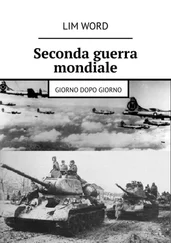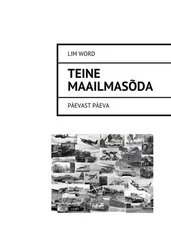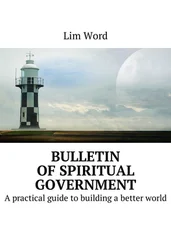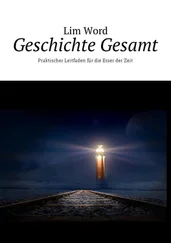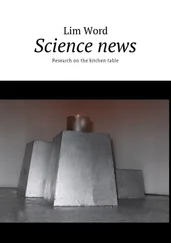Lim Word - The Settlement Agreement. Make a repost
Здесь есть возможность читать онлайн «Lim Word - The Settlement Agreement. Make a repost» — ознакомительный отрывок электронной книги совершенно бесплатно, а после прочтения отрывка купить полную версию. В некоторых случаях можно слушать аудио, скачать через торрент в формате fb2 и присутствует краткое содержание. ISBN: , Жанр: Публицистика, Справочники, Прочая документальная литература, на английском языке. Описание произведения, (предисловие) а так же отзывы посетителей доступны на портале библиотеки ЛибКат.
- Название:The Settlement Agreement. Make a repost
- Автор:
- Жанр:
- Год:неизвестен
- ISBN:9785449070548
- Рейтинг книги:3 / 5. Голосов: 1
-
Избранное:Добавить в избранное
- Отзывы:
-
Ваша оценка:
- 60
- 1
- 2
- 3
- 4
- 5
The Settlement Agreement. Make a repost: краткое содержание, описание и аннотация
Предлагаем к чтению аннотацию, описание, краткое содержание или предисловие (зависит от того, что написал сам автор книги «The Settlement Agreement. Make a repost»). Если вы не нашли необходимую информацию о книге — напишите в комментариях, мы постараемся отыскать её.
The Settlement Agreement. Make a repost — читать онлайн ознакомительный отрывок
Ниже представлен текст книги, разбитый по страницам. Система сохранения места последней прочитанной страницы, позволяет с удобством читать онлайн бесплатно книгу «The Settlement Agreement. Make a repost», без необходимости каждый раз заново искать на чём Вы остановились. Поставьте закладку, и сможете в любой момент перейти на страницу, на которой закончили чтение.
Интервал:
Закладка:
In 1961, something like this, although much on a smaller scale, is repeated in Krasnodar. … Khrushchev’s money reform has been going on for two weeks already. The focus with a decrease in the gold content of the ruble fails, the precious metal, products and goods rise in price by two or three times without any apparent reasons. To eat, the soldier sells the stolen from the warehouse cap and boots. The military patrol detains the soldier, but numerous sympathizing citizens demand the release of a starving soldier. Later, the major figures of unrest become the reserve major, who became a laborer and fisherman, whose modest catch was confiscated by “people’s” combatants for “illegal trade.”
In the end, an accidental man dies, the building of the regional committee of the CPSU is subjected to rout and plunder. The excitement subsides on its own. Later, several activists receive terms of imprisonment from 3 to 10 years.
All these disturbances become known to the First Secretary; but neither he nor his immediate entourage change anything in the adopted course, “in my head” is not going to. Information about the state of things is obsequiously served as “tricks of hooligans”, “drunken workers”, etc. The System still has a reserve of its own, little dependent on the people’s strength.
The beginning of June 1962 in Novocherkassk, Rostov Region, was marked by mass performances by workers of the local electric locomotive plant. The rate of production increases by 30%, so does the real wage. To the question “What are we going to live on”, the director of the enterprise (pointing to the tray being sold near the pies shop) answers: “We used to eat pies with meat, now you’ll eat with the liver.” The result of a witty joke is a factory seized by workers, the closure of a strategic railway line, a citywide rally.
Instead of developing a clear dialogue, the secretary of the local regional committee simply reads from the balcony the appeal of the Central Committee of the CPSU, published earlier in the press.
The crowd is sent to the center of Novocherkassk, relatively freely bypassing the tanks on the road. General M. Shaposhnikov refuses to use the armored cars of his units against the workers. Moreover, he orders the motorized rifles to discharge the carbines and machine guns, hand over ammunition. This decision allows him to keep a good name, the lives of thousands of people, but (three years later, after writing letters to Soviet writers, Komsomol committees and rectors of universities) helps to leave his post.
A chain of soldiers of Internal Troops (VV) with automatic weapons is built near the building of the city party committee. Someone Azizov opens fire, and kills the first worker. To the place or not, but note that in Central Russia, the military units are usually equipped with draftees from the so-called southern national republics (or, generally speaking, without any nationality). It is easier to suppress protests of the “state-forming people”. The first volley is directed over the heads – but so, under the bullets, the children from the orphanage are sitting on the trees. Shaken by childish shouts, the crowd rushes forward, under gunfire, but, unable to withstand the dense fire, dissipates. According to official figures, 26 people die. Another 11 participants in the riots, even if they were just in the front ranks of people’s demonstrators, are identified by the KGB on operational video materials, and are shot later.
…Khrushchev loves corn. This crop is really, very fruitful and useful. However, even after the Secretary’s report “On the cult of personality” in 1956, the complex of the authoritarian System, in all its most dangerous metastases, is not exhausted. Objection to the Chief, somehow humanly discourse with him is still dangerous – although now it is not your life, but only your position. The main thing here, perhaps, is thoughtless imitation. So, “just in case”, without going into significant details, the leaders on the ground bring the idea of the First Secretary to the utter absurdity. Almost all available acreage is populated by the “Queen of the Fields”, up to and including the territories of the Far North.
All this, at last, bores everyone. The murmur of the people, albeit with an unacceptable, painful delay, is translated into more or less distinct actions of influential functionaries. In 1964, the rest of the rest in Pitsunda NS Khrushchev Presidium of the Supreme Council removed from power. The idea is like this, “just in case” to arrange for the former general secretary of a car accident, a new, not so carnivorous, more collegiate leadership, deviates. At least this time the Central Committee preserves the face before its citizens and the international community. Nikita Sergeyevich lives in the country, under house arrest, grows gorgeous tomatoes, and listens on the radio Voice of America. In 1971, he peacefully dies from cardiac arrest.
Private life. He is married three times, six children. The first son, a fighter pilot on the Yak-7, a senior lieutenant, dies in aerial combat (Kaluga region, 1943).
…Anyway, Khrushchev is a step forward in comparison with Stalin. Everything, as we know, should be judged solely by the fruits. Arguments in the style: “But, after all, I wanted something different, special circumstances emerged” – in the calculation, they are justly not accepted. At the First Secretary people (here and there) receive a small amount of useful proteins and vitamins. Stalin, after only three years after a satisfying, and even prosperous NEP, kills at least 4 million people with mass migrations, famine, and, after another five-year period (peak of repression) – a million, with bullets and torture, in the camps and cellars of the NKVD. We do not know what else Joseph could think of at the end of the sixties, so as to amuse his old age, he remains alive. Under Khrushchev, there is no war (suppression of the Hungarian fascists in 1956 does not count) – with Dzhugashvili there are four of them (including the Korean one, already balancing on the verge of nuclear confrontation). Nikita Sergeyevich admits the death of several dozen people in Novocherkassk – under Joseph Vissarionovich, the scope of peasant uprisings (1929—1932) reaches the scale of the second civil war.
Third Secretary General – Leonid Brezhnev is the next small step towards the well-being of the USSR and even, perhaps, of all mankind.
Workers as leaders: Ivan Likhachev, Andrei Stakhanov
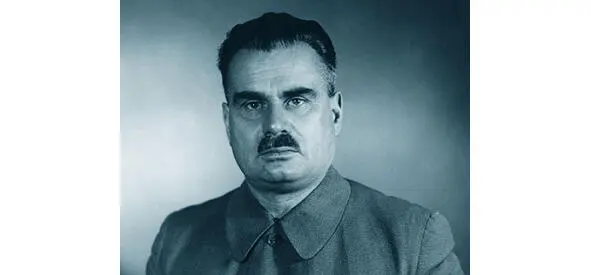
Ivan Likhachev
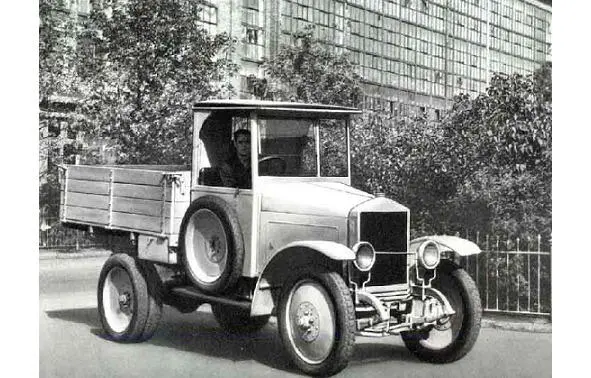
The very first Soviet truck
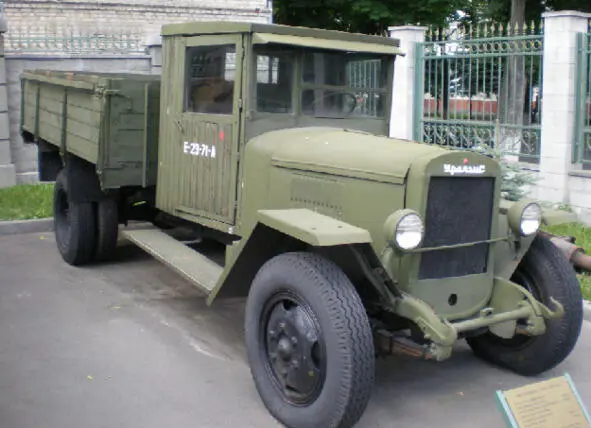
ZIS-5, the legendary domestic truck
Ivan Likhachev. Birth – 1896, with. Ozers of the Tula region… The end of the village school, work as a mechanic at the Putilov factory… during the First World War – a service by a sailor in the Baltic Fleet. From 1917 to 1921 years. Likhachev is a commander in parts of the Red Army, and even an employee of the Cheka. Further – studying at the Mining Academy and the Leningrad Electromechanical Institute. Getting too many, not always applicable in practice, knowledge will upset the future People’s Commissar. He leaves the university and, at the behest of the Communist Party, heads the Moscow Automobile Plant (1926). The plant was founded in 1916, before the final establishment of the Soviet government, it was able to produce about 1,300 Fiat cars. The first achievement of MAZ in the USSR – the release in November 1924 of ten one-and-a-half truck AMO-F-15. It is interesting that the conveyor “American”, even with the delivery of Soviets from across the ocean, costs ten times cheaper than it, manufactured on the stalks of the domestic analogue.
Читать дальшеИнтервал:
Закладка:
Похожие книги на «The Settlement Agreement. Make a repost»
Представляем Вашему вниманию похожие книги на «The Settlement Agreement. Make a repost» списком для выбора. Мы отобрали схожую по названию и смыслу литературу в надежде предоставить читателям больше вариантов отыскать новые, интересные, ещё непрочитанные произведения.
Обсуждение, отзывы о книге «The Settlement Agreement. Make a repost» и просто собственные мнения читателей. Оставьте ваши комментарии, напишите, что Вы думаете о произведении, его смысле или главных героях. Укажите что конкретно понравилось, а что нет, и почему Вы так считаете.

